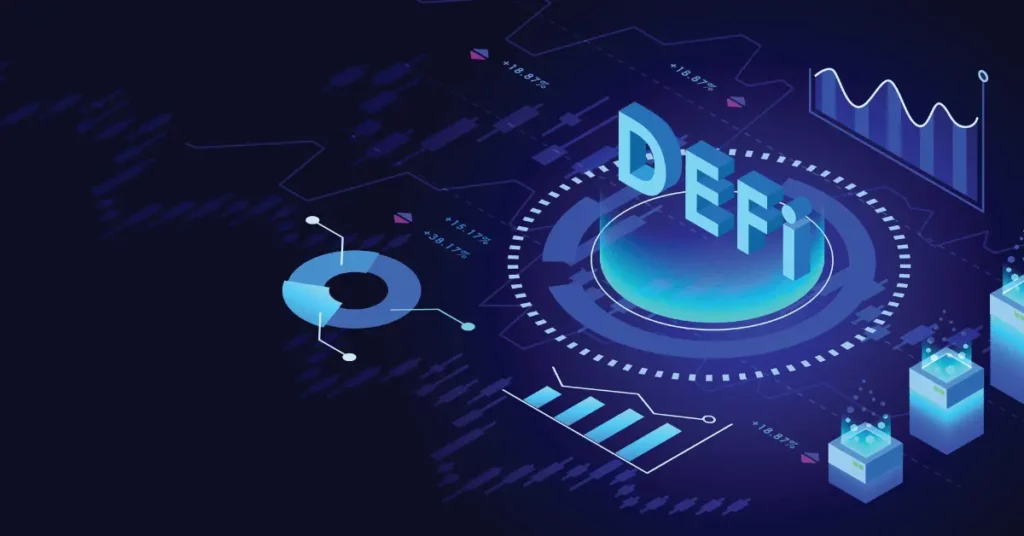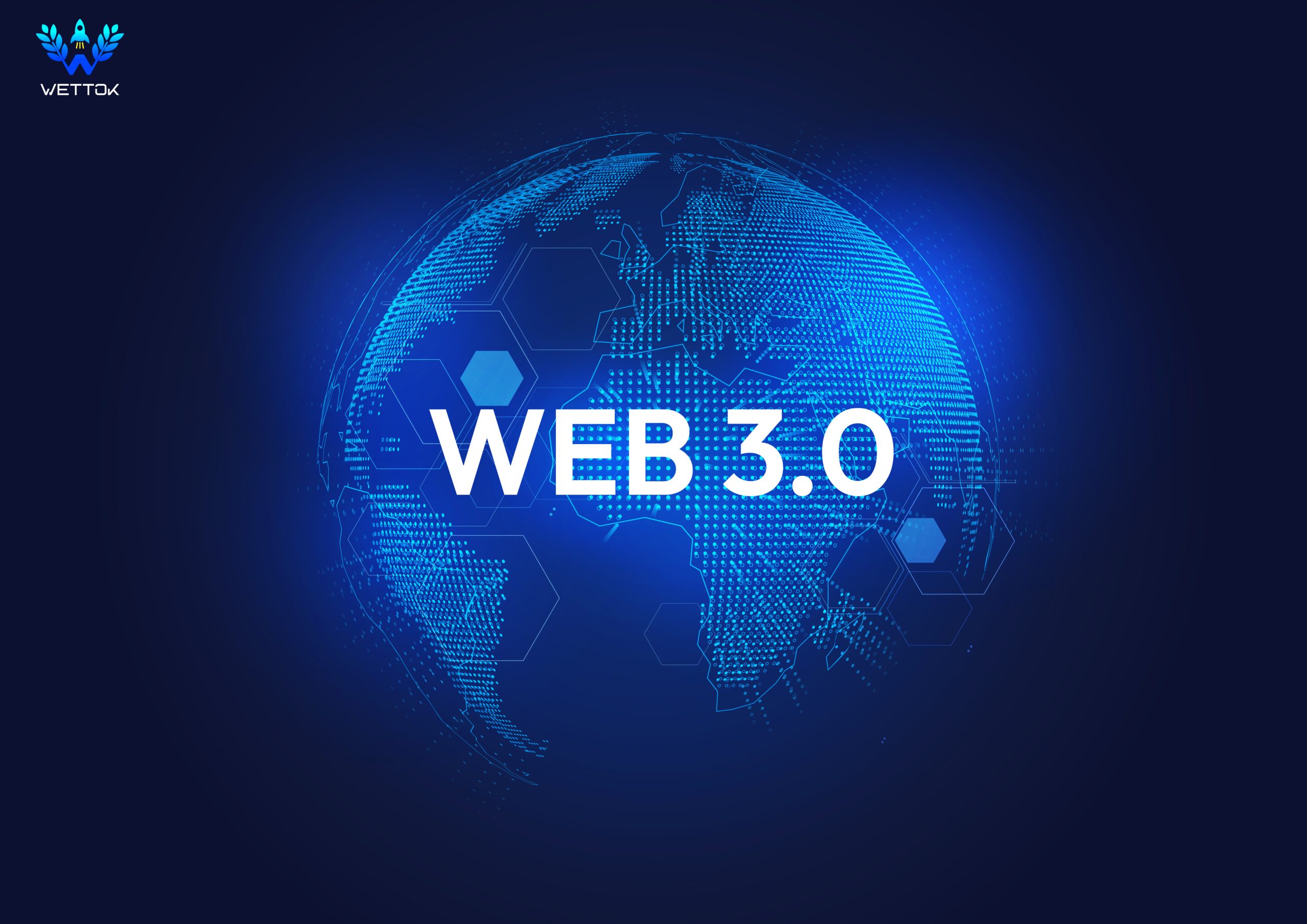The Great DeFi Debate: Is Decentralized Finance the Future of Finance?
In the past few years, Decentralized Finance (DeFi) has emerged as one of the most exciting innovations in the financial sector. DeFi promises a financial system that operates without intermediaries like banks and brokerages, relying instead on blockchain technology and smart contracts. This innovation has sparked heated debates among financial experts, investors, and regulators. Is DeFi the future of finance, or is it simply a fleeting trend? Let’s explore both sides of the debate.

Content
What is Decentralized Finance (DeFi)?
Decentralized Finance refers to a new financial system built on public blockchains, primarily Ethereum. DeFi platforms offer a wide range of financial services, including lending, borrowing, trading, and earning interest, without the need for traditional intermediaries like banks or exchanges.
DeFi operates through smart contracts, which are self-executing contracts with the terms of the agreement directly written into code. This eliminates the need for a trusted middleman, theoretically making financial transactions more transparent, accessible, and efficient.
The Case for DeFi: Why It Could Be the Future of Finance
1. Accessibility and Financial Inclusion
Traditional financial systems often exclude a large portion of the global population. According to the World Bank, about 1.7 billion adults worldwide remain unbanked. DeFi, on the other hand, allows anyone with an internet connection to access a wide range of financial services. This could revolutionize access to credit, savings, and investment opportunities for people in underserved regions.
2. Transparency and Security
Blockchain technology provides a transparent ledger of all transactions, meaning anyone can audit the financial activity of DeFi platforms. Unlike traditional banks that operate in opaque environments, DeFi users can track the flow of funds and ensure that there is no malfeasance. Furthermore, by removing the need for centralized institutions, DeFi eliminates many security risks associated with centralized data breaches.
3. Lower Costs and Faster Transactions
Since DeFi eliminates the need for intermediaries, the cost of transactions can be significantly lower. For example, in a traditional loan, banks and brokers often charge high fees and take time to process the transaction. In contrast, DeFi platforms automate these processes using smart contracts, reducing the cost and speeding up the transaction time from days to minutes.
4. Financial Innovation and Flexibility
DeFi has enabled the creation of entirely new financial products, including decentralized exchanges (DEXs), yield farming, and staking. These innovations provide users with flexible and profitable ways to manage their assets. Additionally, DeFi platforms offer composability—various protocols can work together like building blocks, allowing users to create customized financial strategies.
The Case Against DeFi: Risks and Limitations
1. Regulatory Uncertainty
The decentralized nature of DeFi presents a significant regulatory challenge. Governments and financial regulators have expressed concerns over issues such as money laundering, fraud, and tax evasion. Without clear regulations, DeFi projects could face shutdowns or heavy restrictions, making their future uncertain. Furthermore, the lack of legal recourse for users in the event of loss or fraud poses a significant risk.
2. Technical Complexity and Security Risks
While DeFi offers transparency and security through blockchain, smart contracts are not foolproof. Bugs in the code or poorly written smart contracts can lead to significant losses. In 2020, the DeFi platform bZx was hacked multiple times, resulting in millions of dollars in losses. The technical complexity of DeFi also makes it difficult for the average user to navigate the system safely, increasing the likelihood of user errors and scams.
3. Scalability Issues
Current DeFi platforms, mainly built on Ethereum, face serious scalability issues. The high demand for transactions often leads to congestion on the network, resulting in slow transaction times and skyrocketing gas fees. This scalability bottleneck limits the growth and mass adoption of DeFi platforms. While Ethereum 2.0 promises improvements, the full implementation could take years.
4. Volatility and Unpredictability
DeFi platforms often use cryptocurrencies as collateral or for transactions, introducing a high level of volatility. Cryptocurrencies like Ethereum and Bitcoin can experience wild price swings, making it risky to use them in long-term financial contracts. This volatility could dissuade both individual and institutional investors from fully embracing DeFi.
Will DeFi Replace Traditional Finance?
While DeFi offers a promising alternative to traditional financial systems, it is unlikely to replace them entirely in the near future. The two systems may coexist, each serving different needs and audiences. DeFi’s strengths lie in its ability to provide financial services to the unbanked, promote transparency, and encourage innovation. However, traditional finance still holds an advantage in terms of regulatory oversight, stability, and security.
In the future, we may see a convergence between decentralized and centralized finance, where traditional financial institutions adopt blockchain technology and smart contracts, while DeFi platforms integrate with regulated financial systems. Hybrid models that combine the strengths of both worlds could lead to a more efficient, inclusive, and innovative financial ecosystem.
Conclusion: DeFi—A Revolutionary Disruption or a Temporary Trend?
Decentralized Finance has certainly shaken up the financial world, offering new opportunities and challenging the status quo. However, it faces significant hurdles, including regulatory challenges, scalability issues, and security risks. Whether DeFi will become the future of finance remains uncertain, but its impact on the financial industry is undeniable.
As DeFi continues to evolve, the lines between decentralized and centralized finance may blur, resulting in a hybrid financial system that benefits from both innovation and stability. Regardless of its future, DeFi has opened the door to a new era of financial experimentation and growth, pushing the boundaries of what finance can be.
The Great DeFi Debate is far from over, but one thing is clear: the future of finance will likely be shaped by the lessons learned from this bold and ambitious experiment.

As a writer, Ruben is an advocate of blockchain technology and cryptocurrency in general. He writes about all things from cryptography to economics, with a focus on how it applies to cryptocurrencies. He is also passionate about writing about topics such as decentralization, open-sourced software development, and copyright law.

